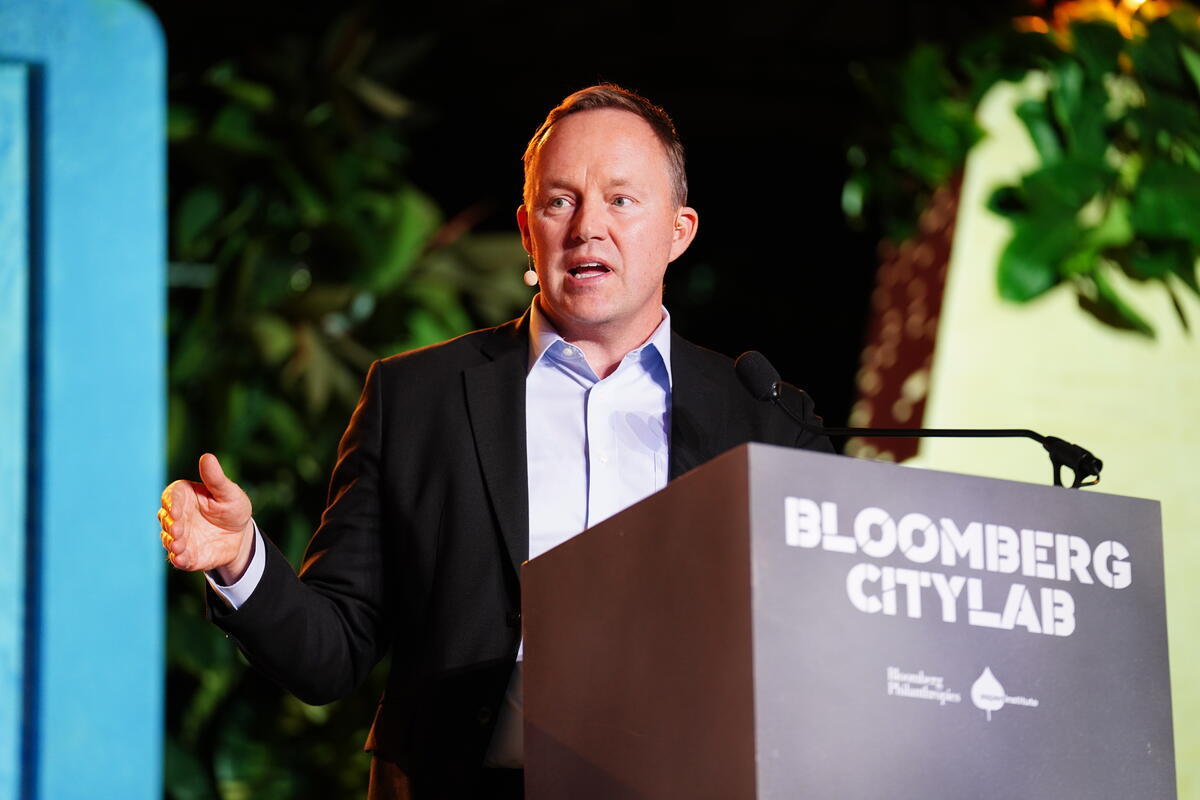
Photo: Mike Clegg | Dreamstime.com
Camden adds communication commitment to Data Charter
06 July 2023
by Sarah Wray
The London borough of Camden has added a new principle to its Data Charter to ensure that information about data is clear, accessible and understandable to a wide audience.
The update was made following recommendations from a Residents’ Panel made up of 20 local people.
An existing principle was also strengthened to encourage external partners to sign up to the Data Charter principles.
Camden’s Data Charter was developed with residents in 2021 to guide how the council uses data. It was adopted in January 2022 and has been hailed as one of the first resident-driven data policies of its kind. It now comprises eight principles, including transparency, accountability and security. Data is to be used for the public good and towards clear outcomes, with individuals’ rights and privacy protected.
In early 2023, the council brought together a new Residents’ Panel to discuss the principles of the Data Charter and make further recommendations.
This process consisted of three day-long sessions, facilitated by public participation charity Involve and supported by experts from The Alan Turing Institute.
Councillor Richard Olszewski, Cabinet Member for Finance and Cost of Living, said: “Camden Council’s Data Charter has been co-created by residents and I am grateful to the residents who took part in this year’s panel as part of our continued dialogue about how Camden uses data ethically. They gave us valuable insights into how Camden’s Data Charter is working and good practical suggestions for how it can be updated.
“In Camden, we believe that data rights are human rights. It is vital that we have the trust of our residents in how we handle their data, which is why it is so important that we hear from them on how we can secure their trust.”
Commitments
The new principle states that: “Processes should be created for active, clear and relevant communication with the public so people can understand how data is being used and definitions clear of jargon. These communications should be accessible and inclusive for all, including for example those with no IT access, English as an additional language and residents who have disabilities, with clear visual representations of how data is being used, the intended benefits achieved, and where to access more information.”
In the next year, Camden will create communications materials that explain specific aspects of data use and will also develop accessible communications in formats including easy read for people with learning disabilities, British Sign Language and translated materials. Printed information will be distributed in libraries and community spaces. In addition, the council has committed to improving how its Open Data Camden platform displays information.
Another outcome is that the engagement approach will move from Residents’ Panels to less formal events named Camden Talks. The events will be held across the borough and focus on changes to services and how data would enable those changes.
If the council proposes a new technology or data use, it will hold a Residents’ Panel before a decision is made on implementation.
Claudia Fischer, Public Policy Programme Research Assistant, The Alan Turing Institute, said: “Our research highlights the importance of public trust as a crucial component of the ethical design, development and deployment of AI systems.
“Holding inclusive participatory panels that engage impacted stakeholders and communities and during which residents’ ideas are taken into account is a vital way to foster this trust.”
In May, Tariq Khan, Camden’s Chief Digital and Information Officer, told Cities Today that the council is trialling predictive modelling to support the most impactful allocation of limited council resources.






